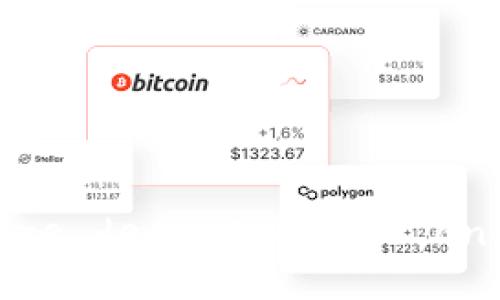Title: Exploring the Significant Relationship Between Wallet
2025-05-31 06:01:49


上一篇:上一篇:荣耀手表数字钱包使用指南:如何轻松管理您的
下一篇:下一篇:没有了
2025-05-31 06:01:49

